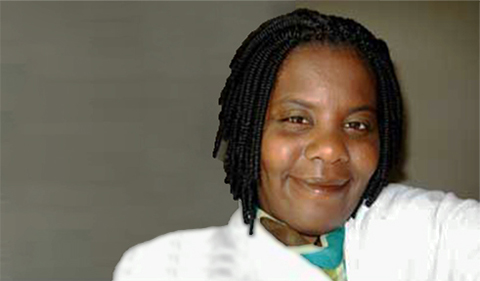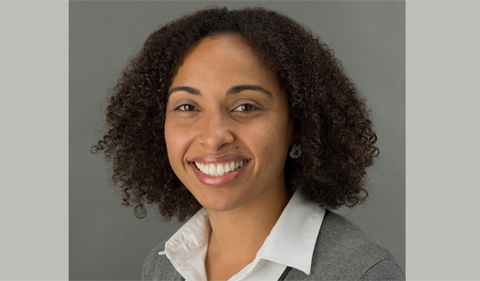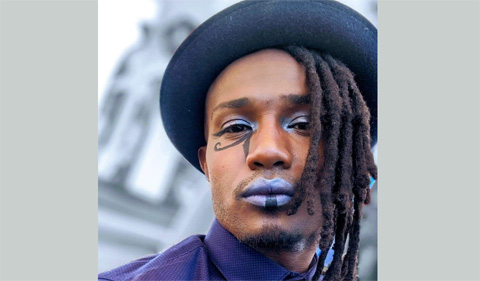- News & information
- About
- History
- George V. Voinovich
- George V. Voinovich Collection
- Calendar
- How to Find Us
- News
- Archives
- Photojournalism Fellowship Project
- Photo Essays
- Current Fellow
- Previous Fellows
- Reports and Publications
- Archives
- Students
- Prospective
- Center for Entrepreneurship
- Environmental Studies
- HTC/Voinovich School Scholars
- Master of Public Administration
- Current
- HTC/Voinovich School Scholars
- Center for Entrepreneurship
- Environmental Studies
- Master of Public Administration
- Alumni
- Contact
- School Leadership
- Strategic Partners Alliance
- Ohio University Public Affairs Advisory Committee
- Ohio University Public Affairs Advisory Committee
- Faculty and Fellows
- Faculty
- Visiting Professors
- Voinovich Fellows
- Professional Staff
- Ohio University
- Past Events
- Constitution Day | Institutionalized Racism in Education and Policing
Constitution Day | Institutionalized Racism in Education and Policing
Thursday, September 17, 2020 4pm to 6pm
About this Event
Add to calendarOhio University's Constitution Day event features several faculty discussing "Institutionalized Racism in Education and Policing" on Sept. 17 from 4 to 6 p.m.
Recent protests against police shootings that target primarily people of color have reignited a longstanding discussion about institutionalized racism in the U.S. While “institutional” or “systemic” racism have become buzzwords in current media, scholars from various disciplines have documented the long history of their entrenched presence in various institutions—from schools and the criminal justice system, to housing and banking.
"The Constitution Day is an annual event where we seek to highlight pertinent issues in our society and the role of law in shaping these issues. This year, we bring together a dynamic group of OHIO faculty and staff whose work has documented and analyzed the long history of institutionalized racism in policing and education in the U.S.," says Dr. Smoki Musaraj , director of the Center for Law, Justice & Culture and associate professor of Anthropology .
This Constitution Day event is are co-sponsored by the Center for Law, Justice & Culture and the Office of the Provost at Ohio University.
Panelists
Dr. Bayyinah Jeffries
Dr. Bayyinah Jeffries , associate professor and chair of African American Studies
Dr. Kirstine Taylor
Dr. Kirstine Taylor , assistant professor of Political Science
Dr. Theda Gibbs Grey
Dr. Theda Gibbs Grey , assistant professor in the Patton College of Education
Dr. Winsome Chunnu-Brayda
Dr. Winsome Chunnu-Brayda , director in the Division of Diversity and Inclusion
Jé Exodus Hooper
Jé Exodus Hooper (they/them) teaches theater history and is a Ph.D. candidate within the School of Interdisciplinary Arts and Ethical Humanist clergy. Both as performer and clergy within the Ethical Culture Movement and First Unitarian Society of Minneapolis, their ritual-based performance is grounded in the act of homiletics, decolonial Humanism and Black Intellectual Thought. Hooper's love for orality involves the aesthetic of Black folk-talk—one of imagination as meaning-making. Their word-working emphasizes human freedom and interconnectedness through embodiment, intuition, creativity, and improvisation.
Event Details
See Who Is Interested
+ 9 People interested in event
Contact Information:
(740) 593–9381 | Building 21, The Ridges
Ohio University Contact Information:
Ohio University | Athens OH 45701 | 740.593.1000 ADA Compliance | © 2018 Ohio University . All rights reserved.










User Activity
Left a negative review
Saturday, September 19, 2020 5:20pm
I was unable to view the stream and the replay is locked. :-(
Left a positive review
Wednesday, September 16, 2020 8:00pm
The insights provided by the panel in my opinion was invaluable. Many thanks to the panel.